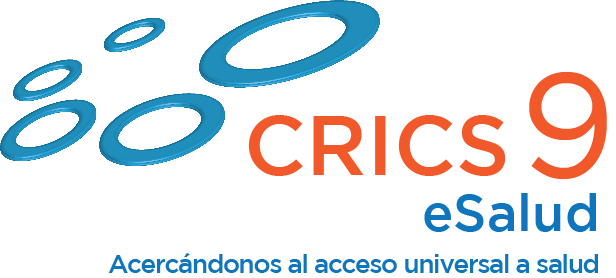Terms of reference
Equitable access to information, knowledge and scientific evidence is a transverse axis that contributes to strengthen leadership, governance and the scientific basis of countries health systems. Libraries, documentation centers and information, educational institutions, research centers and government agencies and NGOs involved in the health sector, represent the national information systems in health sciences.
Given the recognition that health policy must be based on research evidence, countries need to develop infrastructure, processes and capabilities to be aware of such evidence and to integrate them into the decision making processes and into the establishment of action lines for health. Health systems combine information interaction between its subsystems and the relationships of these with external systems, making it complex to access information and scientific evidence.
Therefore, it is a critical component that information systems can capture, process, disseminate and make available to the health sector the new knowledge generated, as well as techniques and procedures. In this context, one of the main challenges is to link more directly the results of action research as part of the fight to reduce the knowledge-action gap and achieve a more effective way to translate scientific knowledge into solutions to health problems.
Sub-topics
- promoting equitable access, dissemination and use of information, knowledge and scientific evidence to support and inform health decisions
- development of activities, products and services of scientific health information according to national, regional and international plans
- information management processes
- development of digital repositories
- identifying information needs
- knowledge translation



